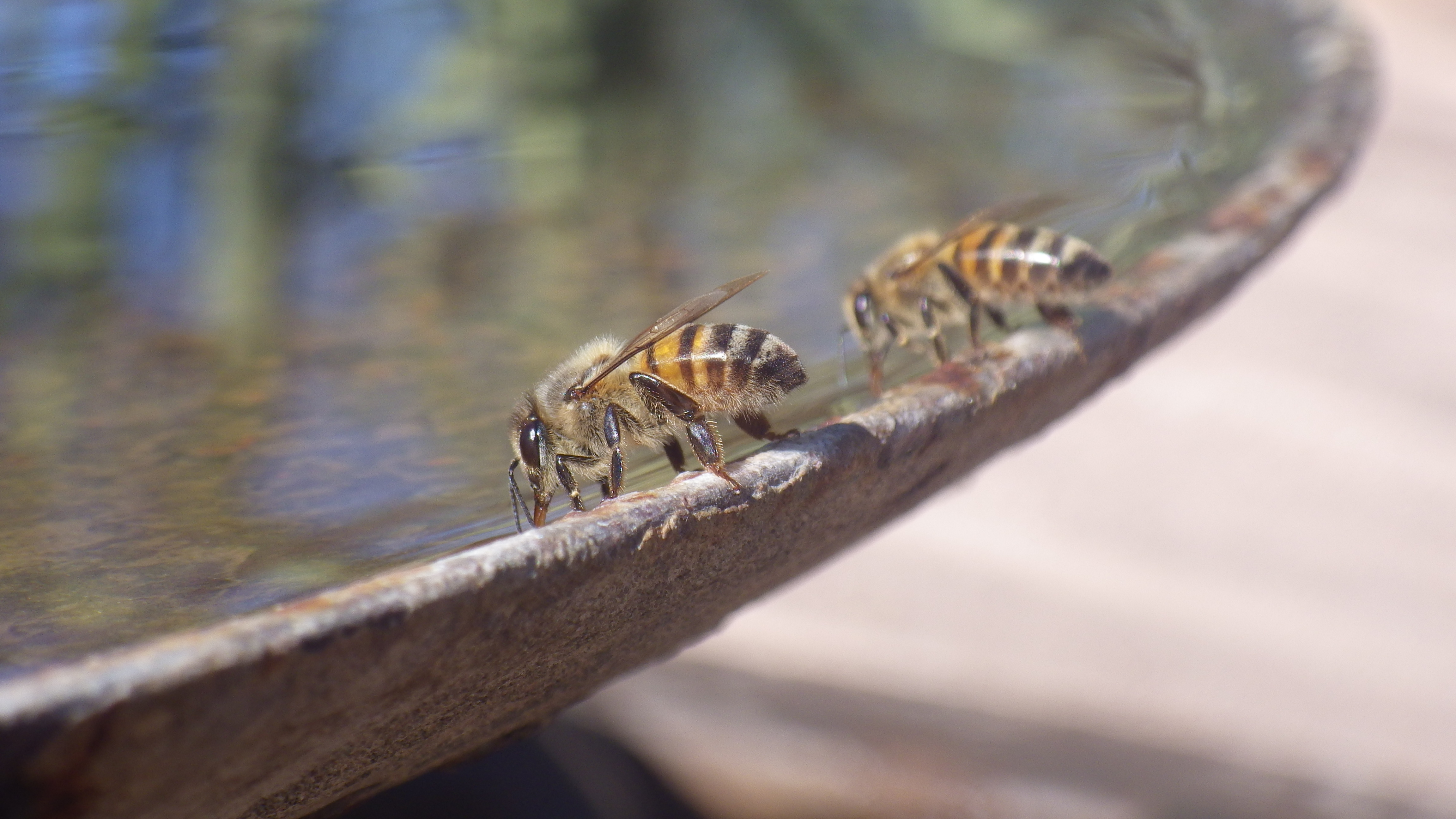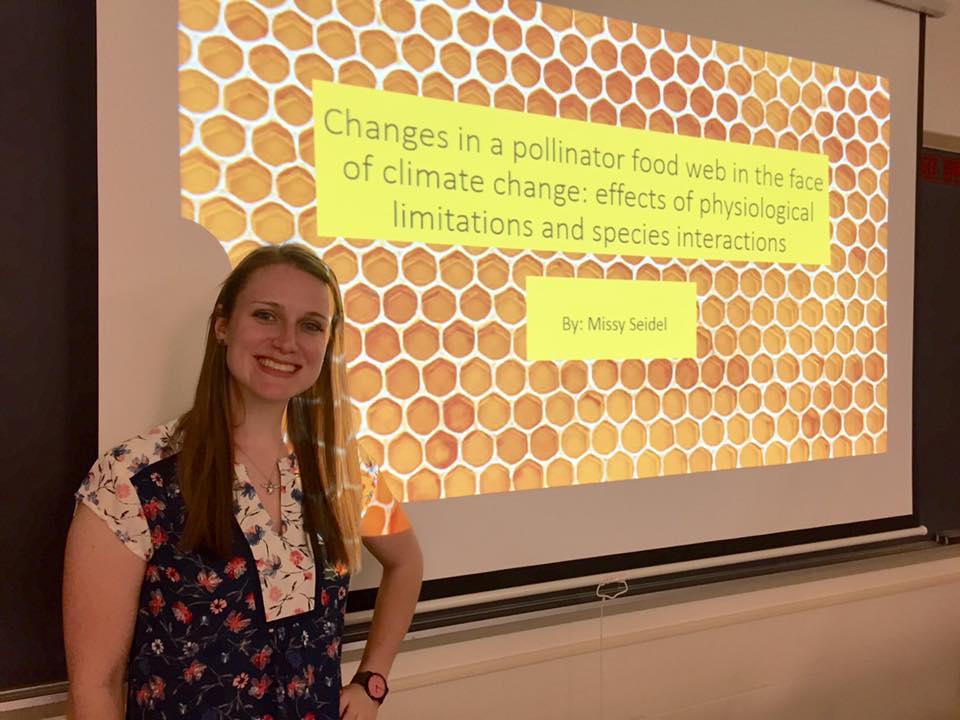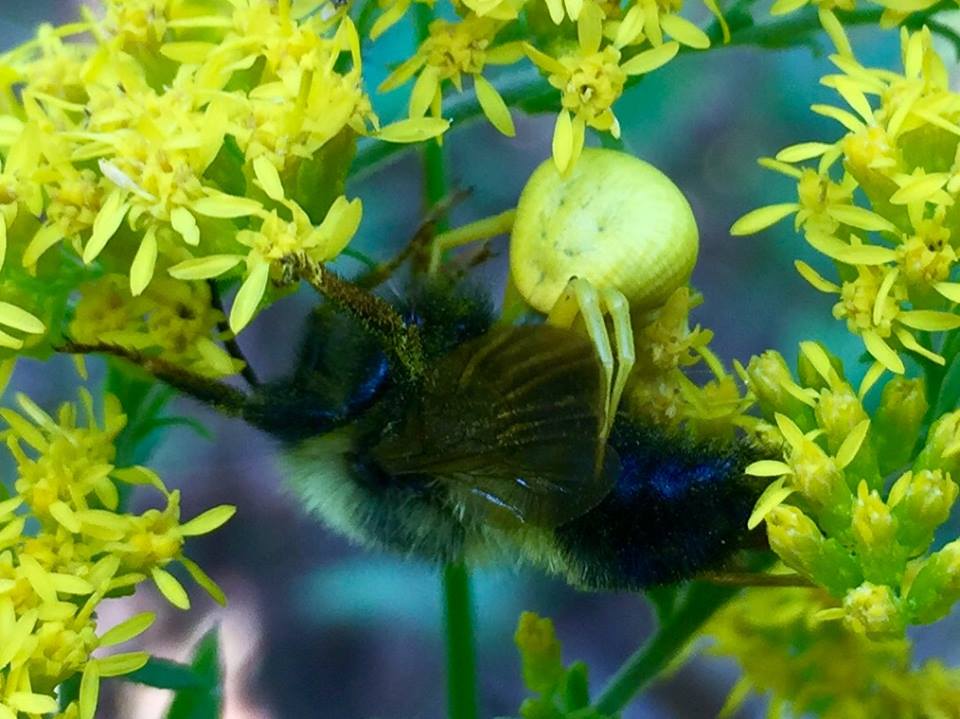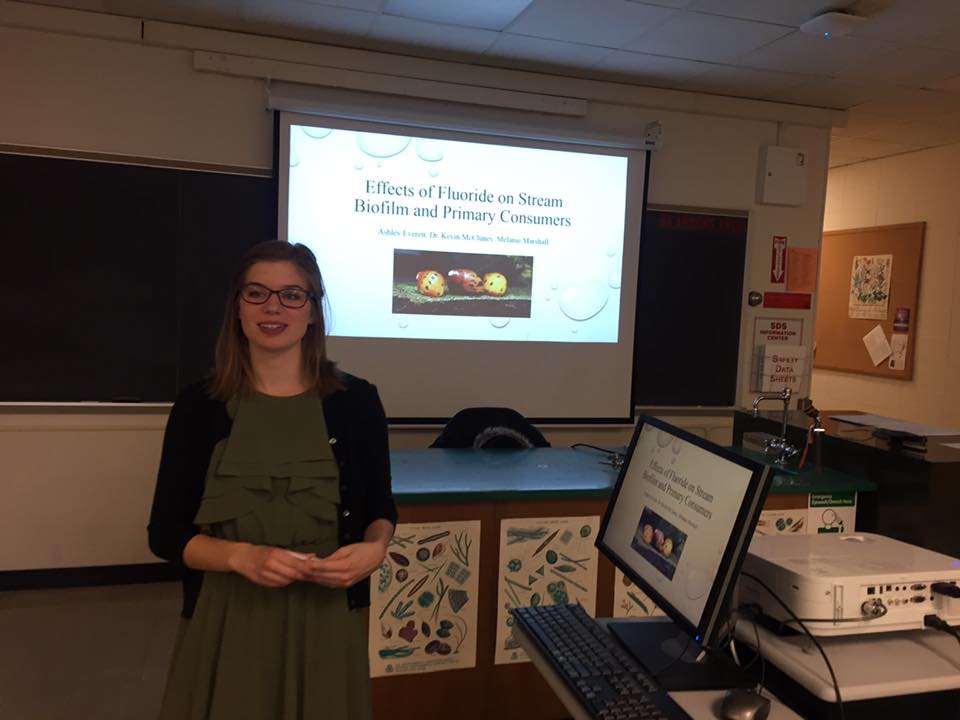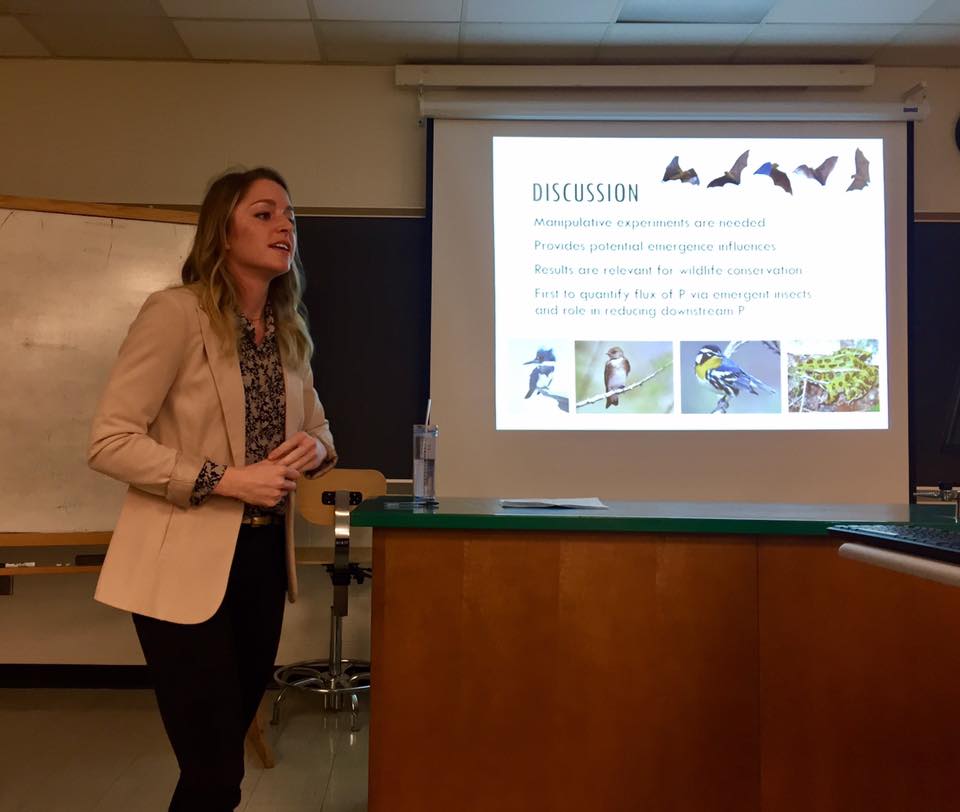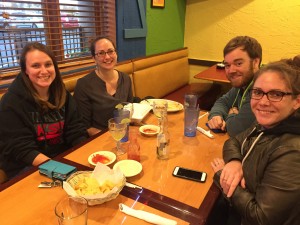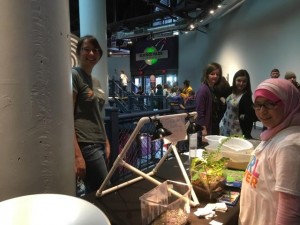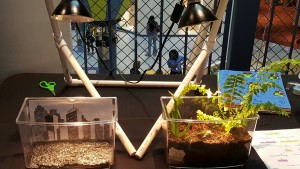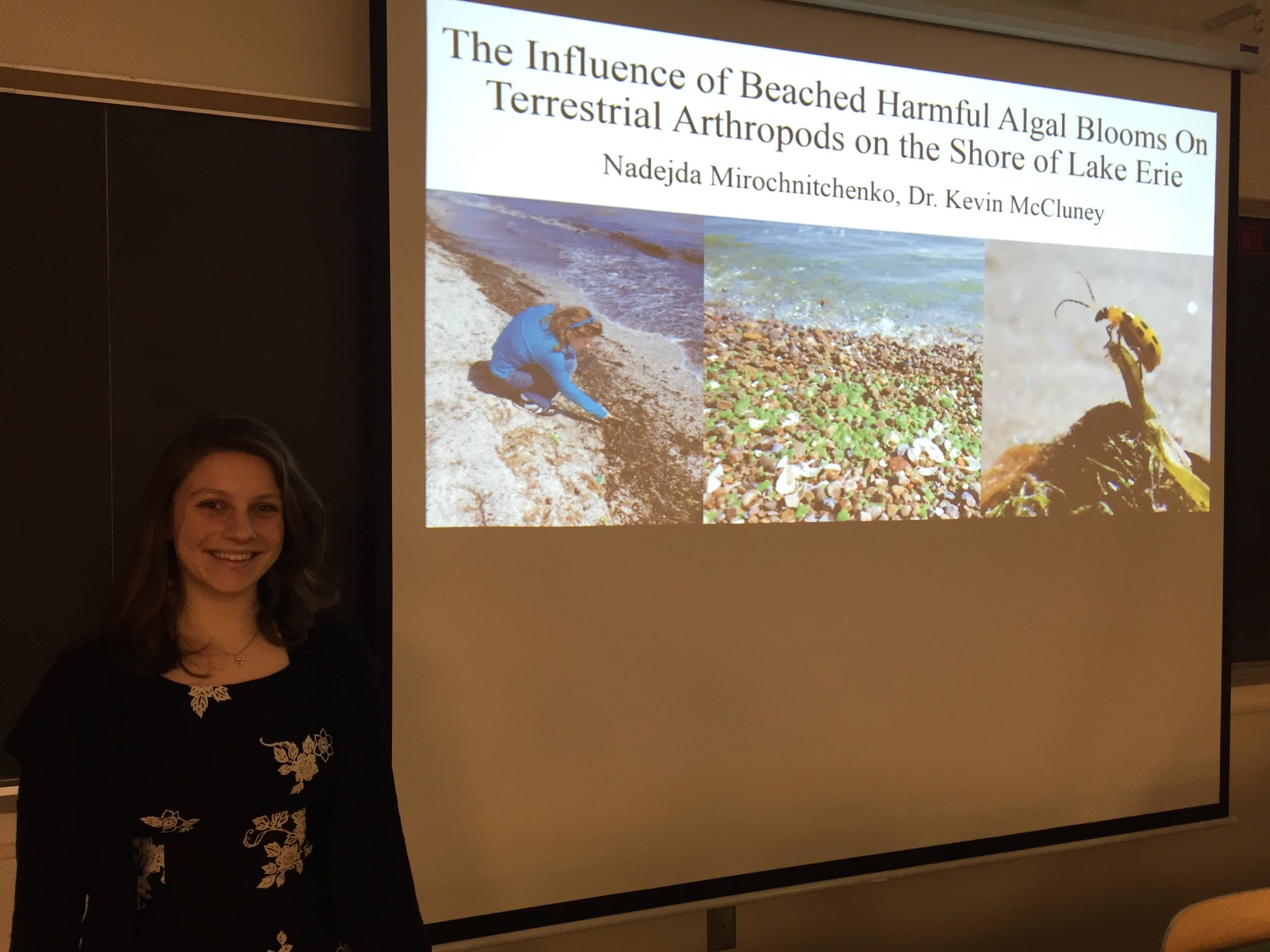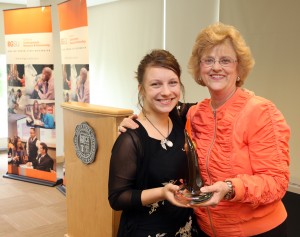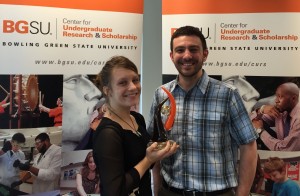Recently graduated and looking to gain experience with field and lab research? Have a strong interest in wetland ecology, botany, nutrient cycling, and water quality?
The McCluney (https://blogs.bgsu.edu/mccluneylab/) and Michaels (https://blogs.bgsu.edu/michaelslab/) labs at Bowling Green State University in NW Ohio are hiring a full time research technician to help carry out wetland monitoring, as part of the governor’s H2Ohio initiative, aimed at improving water quality in Lake Erie (http://h2.ohio.gov/). We strongly encourage applications from diverse backgrounds and are committed to diversity and inclusion (our lab DEI statement: https://blogs.bgsu.edu/mccluneylab/diversity/). For best consideration, apply by May 3rd, 2023. Please see the full job advertisement, below, for more details. Questions may be directed to Dr. Helen Michaels (hmichae@bgsu.edu) or Dr. Kevin McCluney (kmcclun@bgsu.edu).
Link to job description and application website: https://www.schooljobs.com/careers/bgsu/jobs/4006726/senior-laboratory-technician
Office of Human Resources
1851 N. Research Drive
Bowling Green, Ohio 43403
(419) 372-8421
Fax: (419) 372-2920
E-mail: ohr@bgsu.edu
Position Vacancy Announcement
Senior Laboratory Technician
Biological Sciences
Position Summary
The technician will be responsible for the identification, sampling, and processing of wetland plants for the H2Ohio Wetland Monitoring Program. The technician will help provide training and oversight for one of two teams of undergraduate research assistants that are helping with these activities, working closely with Research Coordinators who will have direct supervision of undergraduates. The technician will also help with other tasks including lab organization, cleaning, and maintenance, and data entry, as needed.
This is a temporary, full-time position contingent upon continued grant funding. The intent is for the position to be year-round (12 months). The program is expected to run until at least 2031, but is contingent upon continued funding.
Essential Duties, Tasks and Responsibilities
- Assist with training and provide oversight of undergraduate research assistants, including proper handling of samples and data entry
- Survey and collect wetland plants at field locations around Ohio
- Process collected plants in preparation for nutrient analysis
- Identify plants from vouchers
- Prepare for field collection and processing of wetland plants
- Maintain lab safety, equipment, organization, and cleanliness
- Participate by attending internal and external meetings with PI, research coordinators, and technicians
- Other duties related to wetlands monitoring and lab maintenance
Essential Competencies
- Ability to navigate and operate in wet and dry field sites including wetlands by wading and in floating craft such as canoes, kayaks, and boats.
- Possess organizational and quality assurance and control skills
- Ability to lift up to 50 lbs. (e.g. part of small watercraft), occasionally, for short periods
- Knowledge of basic mathematical skills
- Knowledge of basic reading skills
- Ability to carry out verbal and/or written instructions
- Ability to effectively communicate, verbally and written
- Detailed-oriented and highly accurate
- Ability to work in changing environment
- Ability to work effectively in a team environment
- Knowledge of basic computer skills, especially spreadsheets
- Knowledge of basic science and scientific methods
- Ability to interact effectively with students, faculty and/or staff or the public and represent BGSU appropriately
- Ability to operate hand and/or power tools appropriate to the trade
Minimum Qualifications:
The following education is required:
- High school diploma required
- Must have and maintain a valid driver’s license and comply with the University’s vehicle use policy.
The following experience is required:
- Three to six months related experience. Experience with plant identification and GIS is preferred
Salary
Full-time, Classified staff position available, pay grade 25 – $16.35 – $17.89 per hour. Full benefits package available.
Deadline to apply: The search committee will review applications until the position is filled; however, for best consideration, applications should be provided by ‘May 3, 2023’.
Benefits
Bowling Green State University provides a comprehensive benefit program as part of a total compensation package. This includes medical, prescription, dental, vision, health accounts (medical & dependent), life & disability insurance, retirement plans, employee assistance program and tuition fee waivers for employees and their eligible dependents as well as paid time off, holidays and parental leave. For more information please visit Benefits-at-a-Glance.pdf (bgsu.edu)
Why work at BGSU?
Full-time BGSU employees enjoy an array of exceptional benefits, including:
- Quality, affordable health insurance: Various coverage options available for health, vision and dental starting the first day of the month following your date of employment.
- Generous paid time off: Vacation, holidays, sick days and more.
- Excellent work life balance resources: Our Employee Assistance Program offers confidential support to employees and their eligible family members, along with ancillary programs covering identity theft, elder care, legal services and more.
- Tuition fee waivers: For eligible employees, spouses and dependent children.
- Professional development opportunities: For skills training, supervisor and leadership programs, performance management, online courses and online tools for employee growth and development.
- Parental leave: Up to five weeks of paid parental leave for full-time employees with at least 12 months of continuous service.
- Retirement: BGSU offers several options for meeting your retirement goals with a current employer contribution of up to 14% depending on the retirement program selected. Read Moreabout the option that best fits your needs.
Learn more about Bowling Green State University and how we aspire to be the preeminent public university that creates public good in Ohio, the nation and world.
For a complete job description & to apply for this position visit https://www.schooljobs.com/careers/bgsu or contact the Office of Human Resources at (419) 372-8421. BGSU. AA/EEO/Disabilities/Veterans. In compliance with the ADA Amendments Act (ADAAA), if you have a disability and would like to request an accommodation in order to apply for a position with Bowling Green State University, please call 419-372-8421.

